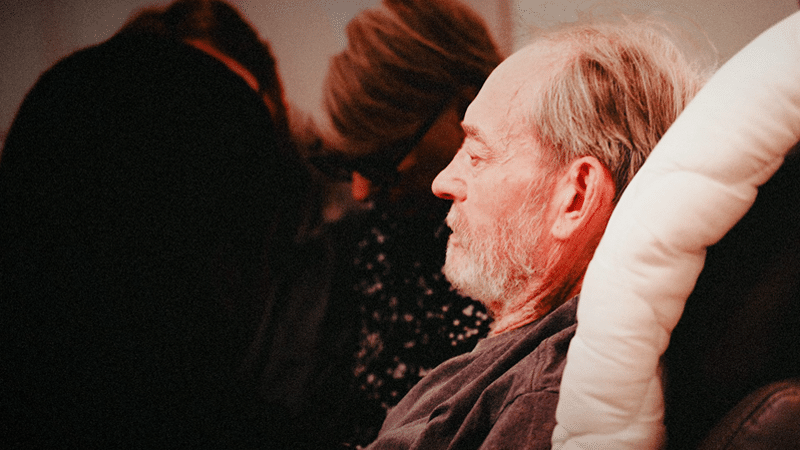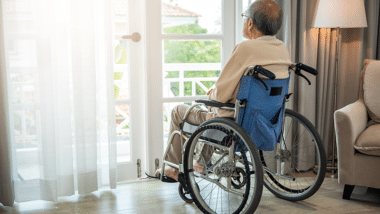A BBC documentary has highlighted the effects of legalising assisted suicide in Canada and California, USA, which shows harrowing footage of a man’s final moments.
Presenter Fergus Walsh spoke to those for and against the practice in ‘Assisted Dying: The Final Choice’, which followed the death of a terminally ill Californian man. It highlighted that statistically one in 20 deaths in Canada now occur through its Medical Assistance in Dying (MAID) programme.
In its current form, the Terminally Ill Adults (End of Life) Bill would allow patients in England and Wales deemed to be terminally ill and with less than six months to live to receive help to kill themselves. It will now progress to Report Stage and Third Reading, where MPs will get another opportunity to vote it down.
Doctor-patient relationship
Walsh filmed two doctors who explained and demonstrated how assisted suicide (where a person is given lethal drugs to drink), and voluntary euthanasia (where a doctor directly injects the lethal drugs) works.
He also spoke to a palliative care specialist in California, Dr Vincent Nguyen, who said: “I worry that physicians, they are no longer seen as a healer, as we are, but rather participating in the death of a person by killing them. And we’ve come from a healer to a killer.”
Dr Nguyen added: “The way that a society cares for its most vulnerable is the measure of its humanity. So instead of ending people’s lives, let’s put programmes together to care for people. Let them know that they’re loved, they’re wanted and they’re worthy.”
Walsh met with Vicki Whelan, who criticised the Canadian healthcare professionals who had pressured her mother into considering assisted suicide when she was in their care. When asked about the impact of MAID on society, Whelan stated: “It’s robbing our people of hope”.
Impact on the disabled
Walsh later spoke to April, 39, who was born with spina bifida and applied for assisted suicide despite not having a terminal diagnosis. She said: “I don’t have the quality of life anymore that makes me happy and fulfilled”.
But Ingrid Tischer, who has muscular dystrophy and chronic respiratory failure, does not wish to die and campaigns against assisted suicide. She told Walsh: “The message that it sends to people with disabilities in California is that you deserve suicide assistance rather than suicide prevention when you voice a desire to end your life.”
She believes it is easier to get an assisted suicide than adequate support, a sentiment echoed by fellow interviewee Andrew Gurza. Gurza has cerebral palsy, and shared: “If my disability declines and my care needs got higher, I’d still want to be here. To know there’s a law that’s saying you could easily end your life – it’s just really scary.”
Cutting lives short
Dr Konia Trouton, President of the Canadian Association of MAID Assessors and Providers, has overseen hundreds of MAID deaths. She explained that 96% are under “track one” where patients are not terminally ill, but death is deemed “reasonably foreseeable”. This includes patients with only weeks to live, as well as those “who might have five to seven years”.
Those deemed terminally ill are in “track two”. It is possible for them to get approval for an assisted suicide within 24 hours. Walsh asked family physician Dr Ramona Coelho how she feels that people are “able to request MAID in the morning and be dead in the evening?”
Dr Coelho responded, “I find it very distressing”, and went on to say, “likely we’re ending the lives of people who might have enjoyed the rest of their lives with their family if they were given time. I don’t see that as a mercy.”
RC Archbishop: ‘Assisted suicide Bill could create a national death service’
Scots legal experts: ‘McArthur Bill faces long and contentious road ahead’
Thousands join in National Day of Prayer Against Assisted Suicide



